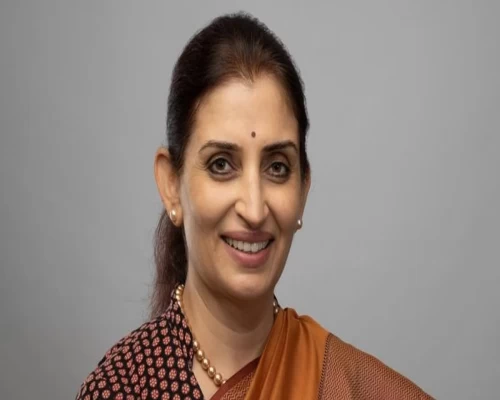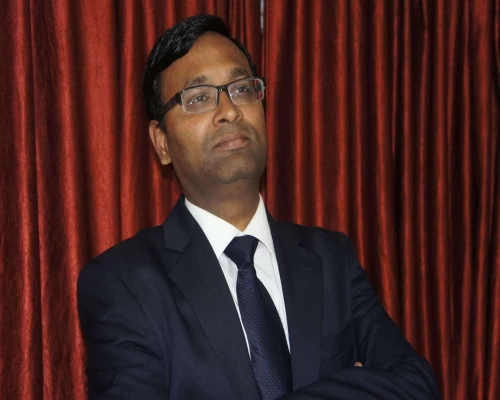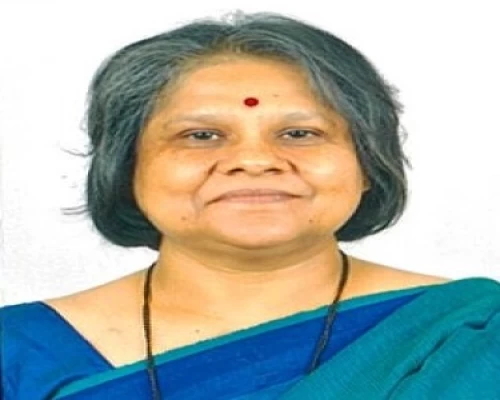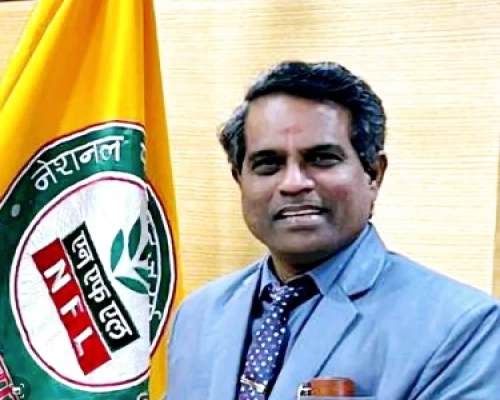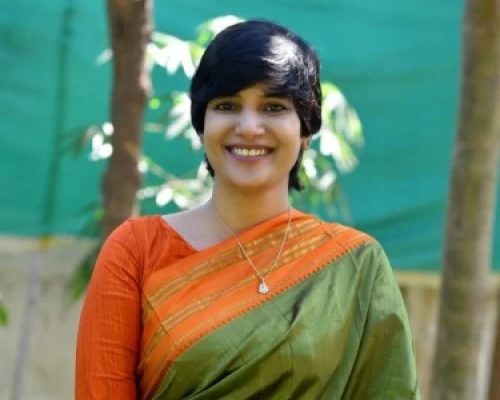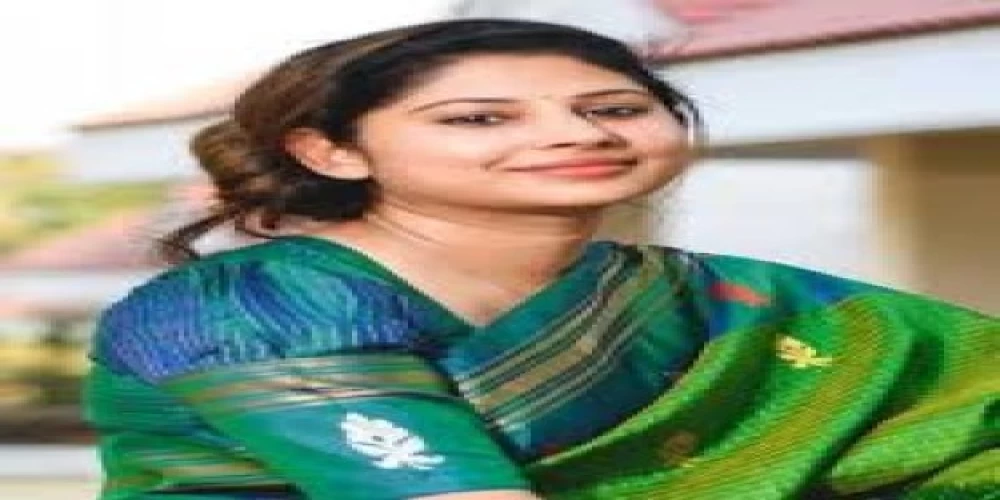
Smita Sabharwal, an IAS officer of the 2001 Telangana cadre, made history as the first woman appointed to the Chief Minister’s Office. Known for her innovative initiatives, such as the ‘Fund Your City’ program in Warangal, she has championed public-private partnerships to enhance urban amenities. Her impactful tenure as District Collector in Karimnagar and Medak garnered recognition for advancements in healthcare and education, exemplified by initiatives like ‘Ammalalana’ for maternal healthcare. Sabharwal is currently posted as Member Secretary, Telangana State Finance Commission.
In an interview with Dr. Navneet Anand, Editor-in-Chief of Bureaucrats India, she shares insights into her civil service career.
Let us start with the demographic shift. Telangana has incidentally many young voters. What is your one message to young voters?
Ans: A lot of saturation level activity took place by extremely hardworking district collectors who are also district election officers. They visited various schools and colleges and organized activities, converting mobilization into actual enrollment. Also, there is a huge demographic advantage. Young voters, which are also the largest in numbers, are very enthusiastic. Young collectors used technology very efficiently to capture their interests. QR codes were displayed on every street corner, and electronic media was used to reach out to this segment of voters.
You were part of Voter Panduka during the 2014 Lok Sabha elections. What were the major features of this program, if you could help us understand?
Ans: It was a very local grassroots level initiative, planned taking guidance from the Election Commission of India. At that time, I was working with Medak district, which is a huge district with a poor voting turnout. Panduka in Telugu means festival. We built a narrative around it as it is a festival of democracy and planned awareness activities at all places with good public footfall, like markets, cinema halls, etc. We also announced some prizes to keep people interested. Women were an important target group, so activities were also planned especially in their reference. It was a very rudimentary program. It was not tech-driven but an emotional and strategy-driven exercise on the ground. I am still both delighted and amazed at the kind of response it received. The campaign helped us since we reached from 50% to 78% voter turnout.
What led you to civil services?
Ans: During my college, my father encouraged me and enlightened me about this career prospect. He said women are doing so well in this profession because it is purely merit-based and also based on sensitivity and empathy towards people. Mentally, I was committed to the whole purpose of public service. I also gained from my family's army orientation.
How has the journey been so far?
Ans: It has been a fantastic yet bittersweet journey with many ups and downs. I must say that the profession is not for the weak-hearted and you need to be prepared for what may come. I would say that it is still the best platform for youngsters who have the potential and the spirit to work for the public, especially the vulnerable section in the country.
You are the first woman to be posted in the Chief Minister's Office. What were the challenges and learnings?
Ans: The kind of leverage you have to influence policy-making, to ensure that decision-making bodies understand the gender perspective, to influence important interventions, are something which I cherish as a bureaucrat.
Throughout your career, you have been known for innovative approaches. Could you shed some light on some of these?
Ans: My approach is to understand the priority based on the requirement of an area and aspirations of people. Innovations are useful only when they are synced with actual priorities on the ground. Amma Lalala was designed to suit the requirements of the Karimnagar district of which I was District Collector at that time. They had a very dismal health record especially in the maternal and child health sector. The program was to build confidence in the government healthcare sector to take care of the vulnerable segments of people and to encourage people to visit government healthcare centers for treatment. We had to ensure that proper medical facilities were in place so that people are not let down. It was a huge exercise of coordination between various departments. We were about to give up when suddenly after 6-7 months, there was a surge of people who wanted to access the public healthcare services, after which we gained much confidence and added further value to the program.
Any memory where some initiative of yours has helped anybody and it was heartwarming?
Ans: One incident when I was visiting a primary health center, I saw a family fight going on in front of a primary health center, where the mother-in-law of a young pregnant woman was screaming at her mother for bringing her to the public health center for delivery and not private. It was a learning for me that people consider it a prestige to be able to afford private healthcare. I realized how challenging yet crucial it is for us to strengthen the public healthcare system.
Your stint as Karimnagar DM was truly remarkable in terms of fostering transparency and earning the trust of people. Any intervention in terms of technology that you would recall?
Ans: Technology has been a fundamental tool that has helped me in realizing the needs on the ground as a District Collector. One I could recall is the 'Performance Tracking System', which we developed for the government schools. In all these 700-800 zila parishad schools spanning across the district, we could track the subject and test-wise performance of the children. We also had teacher-related interventions which could check their performance, attendance, etc. Based on these real-time reports, I used to review the schools and teaching communities which were lagging behind. Technology is a tool that can help us differentiate between truth and lies as well as facts and fiction. Another thing I could recall is the use of Skype, which was getting popular in those days. I used it for connecting with resident hostels and talking to children, giving them some confidence that we are there. I also connected with orphanages and child care centers where there are vulnerable kids. We used Skype very effectively in both the education and health sectors. When children used to wait for me and consider me as their 'Collector Ma', it was a very personal and gratifying experience for me. One more initiative where I feel I used technology effectively was in encouraging private entrepreneurs who have new ideas and technology solutions for some of our health and education-related interventions. In any assignment which I'm given, my first go-to is tech solution.
Anything you would like to share regarding sanitation and hygiene?
Ans: We did a lot of awareness campaigns around sanitation and hygiene, the use of latrines and ending open defecations. We also initiated incentives for people who are using them. In fact, Karimnagar topped the country in having a number of ODF villages and districts. It was a very social and community-based approach. From clean drinking water's perspective, we have used SCADA (supervisory control and data acquisition) very effectively. We have monitored the whole systems of water supply in terms of leakages, actual service delivery, timing, quality, quantity. We used technology as part of project Bhagirath to ensure clean water supply.
Share something about your current role.
Ans: The role of advisory is new to me since I have always worked at the ground level, building a direct connection with the people. I'm still in the process of settling down and understanding the requirements. I have been talking to various stakeholders and various local government bodies including municipal and panchayati raj bodies. We need to build exclusive links with smaller groups, trying to understand where exactly they require our help. The Finance Commission is more about where revenue shall pass. We need to ensure that the 73rd and 74th commissions function at the field level. In terms of technology, I have started the website through which we may connect to a number of people. People can understand how they can access information and see what the finance commission is trying to do.
Your commitment to citizen engagement and participatory governance is evident from the name you are given. You are often known as the 'People's Officer'. How do you feel the government can involve citizens in the decision-making process, and how can we leverage technology while maintaining trust and transparency?
Ans: I would like to advise all bureaucrats who are just starting their journey to have a very robust grievance redressal system. Following it should be a very tailored approach towards addressing their problems. This way, people trust your governance to be extremely precise. Also, it helps you get the pulse of the public and the functioning of various departments. Another way is to review departments. A special focus on health and education is a must. Development and welfare part of the job has lasting impacts.
A message for students trying to get into civil services.
Ans: Do not give up on your dreams; it is still the best job you can do for your motherland. Regarding exams, my personal advice would be, beyond two attempts, do not be obsessed. Beyond that, you should not think that it is the only door in life. There are ample wonderful opportunities and job roles meant for you which you may consider. I feel even politics is a great stepping stone for all those who are coming with great ideas and ethics. There are many professions where you can influence people's lives and take part in nation-building.
Looking ahead, personally and professionally, what are your aspirations?
Ans: You must rely on your core strength; you must train yourself, You must cultivate your knowledge base. You must experiment. Mentoring and networking do not help unless and until you are self-driven.
You are also very popular on Twitter. What are your views on the growing influence of Artificial Intelligence?
Ans: Artificial Intelligence is also a tool of intelligence. If used ethically, with the right spirit and does not disturb the human fabric of values, I do not think we may stop it because that is how human evolution takes place.
One word for the Bureaucrats India initiative.
Ans: Bureaucrats India brings the positive side of bureaucracy to the public domain. It inspires youngsters to join civil services. Great appreciation to your team for highlighting the good work.


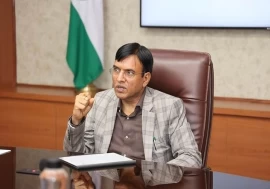
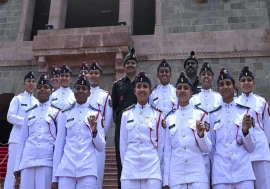
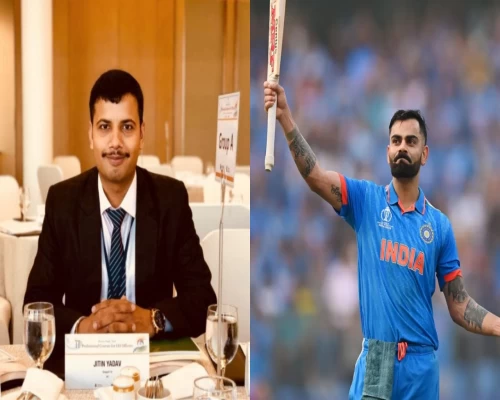
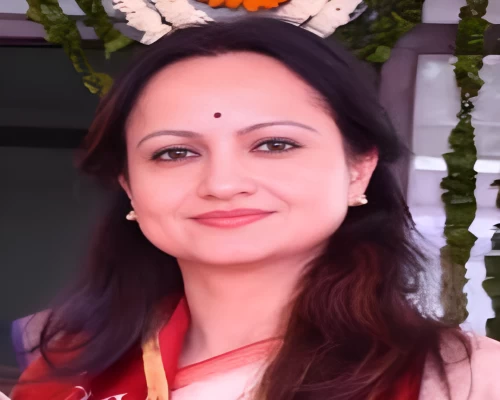
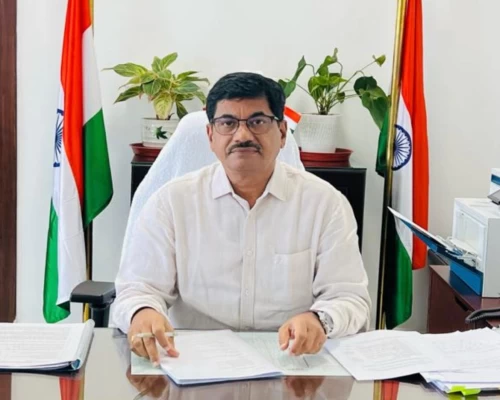
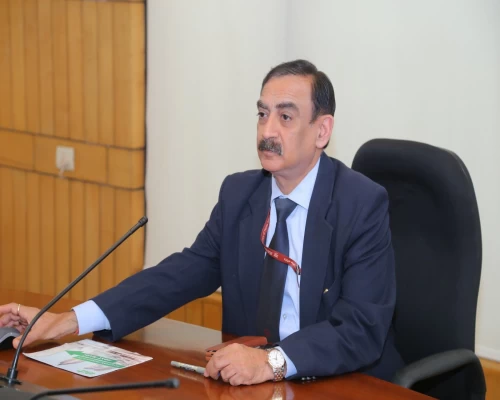
_500_x_400.webp)
